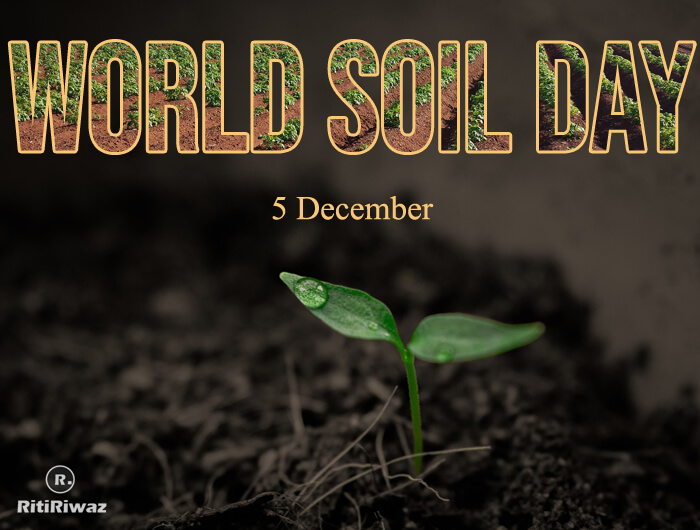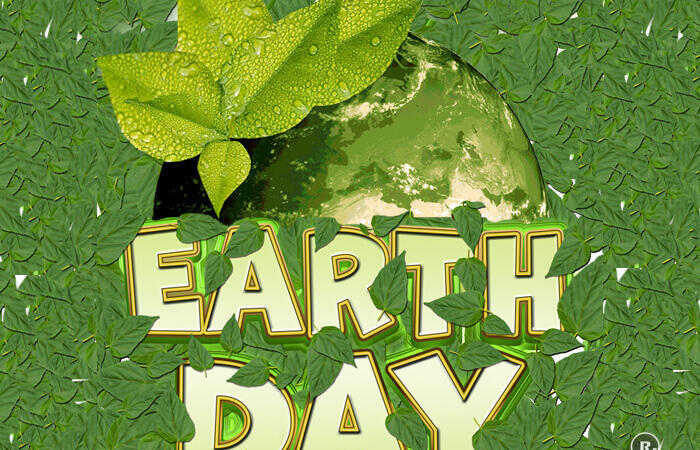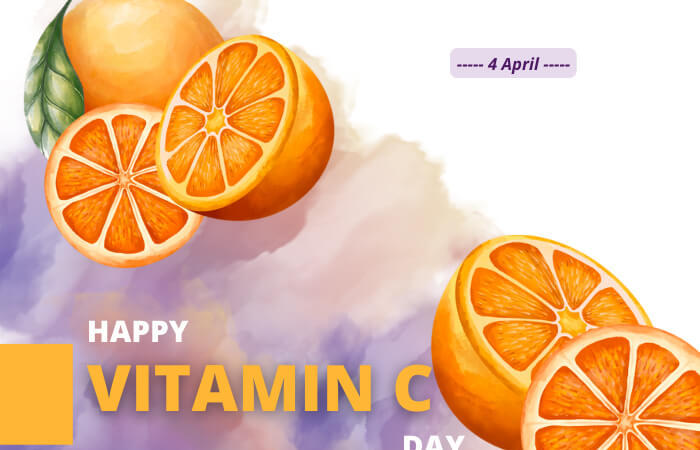World Soil Day

World Soil Day is observed annually on December 5 to highlight the importance of soil on Earth. The day raises awareness of soil health for a food-secure future and advocates healthy soil for the sustainable management of soil resources.
Soil health also referred to as soil quality, is defined as the continued capacity of soil to function as a vital living ecosystem that sustains plants, animals, and humans. This definition speaks to the importance of managing soils so they are sustainable for future generations.
Healthy soil gives us clean air and water, bountiful crops and forests, productive grazing lands, diverse wildlife, and beautiful landscapes. Understanding soil health means assessing and managing soil so that it does function optimally now and is not degraded for future use.
The theme of World Soil Day 2022 is “Soils: Where food begins.”
History
International Union of Soil Sciences (IUSS) in 2002 recommended celebrating World Soil Day on 5th December. Following the 17th World Congress of Soil Science in Bangkok in 2002, the International Union of Soil Sciences, with over 60,000 members worldwide, had recognized the importance of the work of H.M. King Bhumibol Adulyadej in the field of soil resources development, in particular agriculture development.
The date of 5 December was chosen because it corresponds with the official birthday of the late H.M. King Bhumibol Adulyadej, King of Thailand, who was one of the main proponents of this initiative. The UN General Assembly decided in December 2013 to officially designate 5 December as World Soil Day to acknowledge the lifelong work and commitment of His Majesty the late King Bhumibol Adulyadej of Thailand who has significantly contributed to improving the quality of lives of millions through sustainable soil management.
The Ministry of Foreign Affairs and the Ministry of Agriculture and Cooperatives have been collaborating in a joint effort to designate World Soil Day and the International Year of Soils. At the 38th Session of the Food and Agriculture Organization of the United Nations (FAO) Conference on 16-22 June 2013 in Rome, resolutions declaring 5 December as World Soil Day and 2015 as the International Year of Soils were adopted by consensus.
Following the adoption of the World Soil Day and the International Year of Soils by FAO, the Ministry of Foreign Affairs, through the Permanent Mission of Thailand to the United Nations in New York, presented a resolution to the Second Committee of the 68th Session of the United Nations General Assembly to declare 5 December of every year as the World Soil Day and 2015 as the International Year of Soils.
Aim of World Soil Day
World Soil Day aims to attain global attention and bring the effects to light to everyone. Without soil, the ever-growing population will remain underfed since plants won’t have any space to grow. World Soil Day demands that recognition and support for the management of soil along with sustainability. It aims for proper maintenance and care of soil all over the world.
Soil
Soil – simple in concept if not in substance – is actually a combination of five varying elements:
- minerals (clay, silt, or sand),
- organic matter (residues of plants, animals, and microbes),
- living organisms (bacteria, fungi, nematodes, and other microbes),
- gas (nitrogen, carbon dioxide, and oxygen) and
- water
Soils stash carbon and deliver services
Some of the amazing features of soils that are finally being celebrated are not new. For some time, scientists have known that soils store a lot of carbon (about three times more than the atmosphere) and that carbon-rich soils tend to hold more water. They have also known that soil varies a lot, even across small distances, that it changes over time, and that it is affected by management practices. But we also know that there’s a lot we don’t know.
Healthy soils:
- Are high-performing and productive
- Reduce production costs – and improve profits
- Protect natural resources on AND off the farm
- Reduce sediment runoff, increase efficiencies, and sustain wildlife habitat
Learn and Practice the 4 Soil Health Principles
- Keep the soil covered as much as possible.
- Manage soils more by disturbing them less.
- Keep plants growing throughout the year to feed the soil.
- Use plant diversity to increase diversity in the soil.
How to observe
The day is observed by addressing the increasing challenges in soil management and raising the profile of healthy soil by encouraging governments, organizations, communities, and individuals around the world to engage in proactively improving soil health. Become a soil advocate, educate yourself on the issues (and their solutions), and share your newly found knowledge with those around you, participate in World Soil Day activities held near you. There are many impactful nonprofit organizations that place an emphasis on preventing soil degradation; seek out one that is important to you, and contribute to their work.
“We literally treat [soil] like dirt, and yet there is so much untapped potential, so much wonder, & so many secrets just waiting to be discovered” – Bridget Emmett, Soil Scientist, UK Centre for Ecology and Hydrology
Suggested Read: Important Days In December






